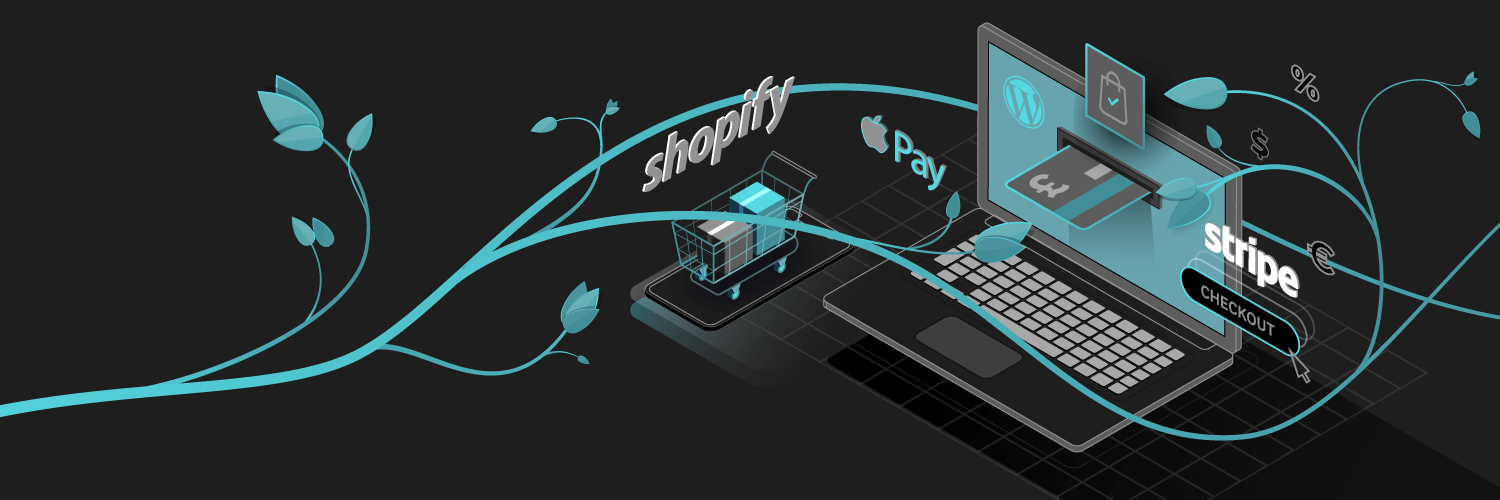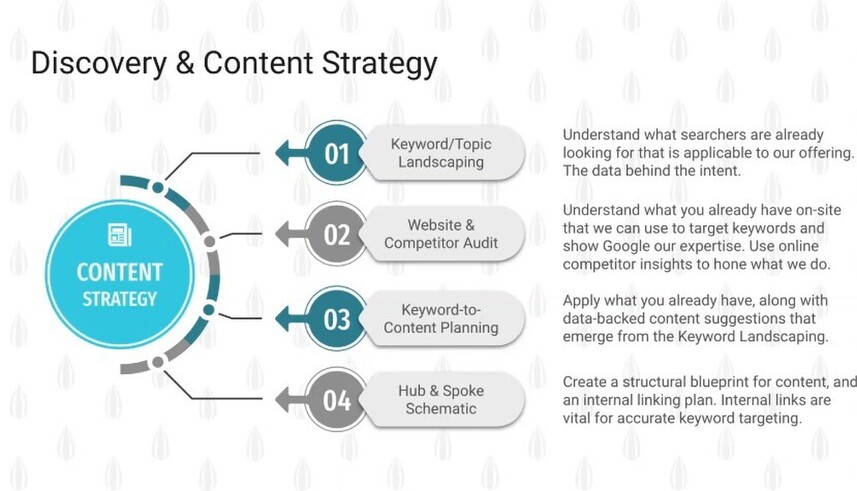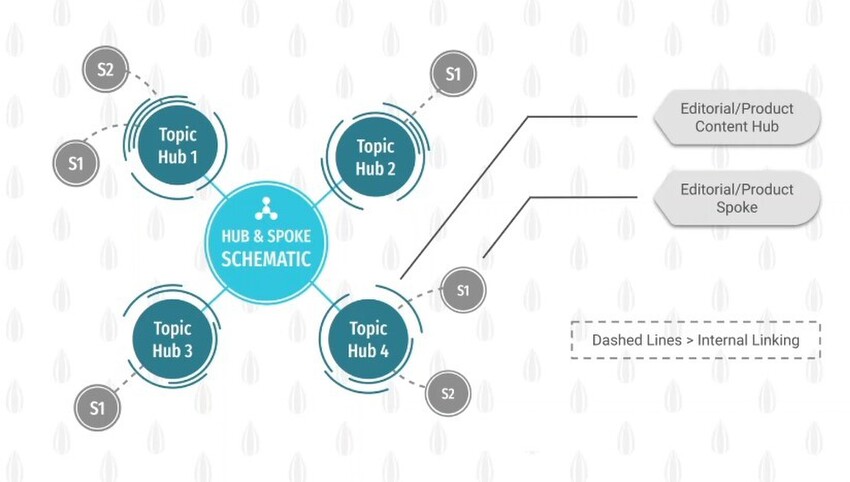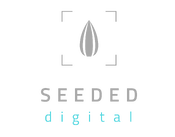Series: Getting into D2C eCommerce SEO > Episode 8: Where should I start with SEO?
SO where do you start with SEO?
So how do you start going about dealing with SEO?
How do we take all the information and make it useful?
This is our process that we go through. This is the beginning. But when we come in to a new website, the first thing a to look at is figuring out what is it that you do and how does that relate to keywords that have search intent and have some search volume for you.
Doesn't necessarily have to be the biggest search volumes. It's just the things that have some level of volume, some level of searching going on that people are doing.
So look at what those keywords are. What is that landscape? What does it look like?
So, yeah, keyword research around that and figuring out what are your keywords, what are the topic areas.
We then take a look at that and say, OK, from my point of view, with these keywords that we're interested in, what is Google Rewarding already? We run and know our competitor research. We then take that and look at those keywords and say, right, well, who's winning? Who is winning for this at the moment? And we work out how we can compete.
Figuring out what Google is amalgamating for the top five results and then layering on your own unique take on it. And making it best in class content that Google is likely to think well of.
Then with an existing website, you got to figure out what you've already got and what's missing and what needs embellishing? Or if it needs amalgamating. So there's a plan around that, OK, here's what we've already got is what we need. Now we need to figure out where are those gaps and that's that part.
And then, the final part is to bring it altogether with the keywords we know we've already got.
We know what we need to do with that, we know what the competition's doing. What does this schematic look like?
What do the topic clusters look like? what should those pages be? and which keyword bucket should each of those pages compete on?
And the reason we do that so that we don't end up with loads of different pages trying to rank for the same thing, confusing Google, and so on. We want to make sure that each page has a job, And we know what our job is. We know what the intents that it's trying to serve, all we know what it's trying to target.
We know what we'll win from a content point of view. And we do that for all of our pages.
That gives us that content structure, that framework that we can then work to, and brings us away from bad practice (creating another collections page and throwing some products together in a new way, and then writing a blog post about what we're currently doing today etc.)
It's structured in proving our expertise on the things that mean the most to us, and that require this level of thought.
Hub & Spoke
So, that's the visualisation of that hub and spoke.
So, we call it hub and spoke, topic clustering. We've done the keyword research and then we're creating that schematic.
Maybe
it's just one topic you've got. Maybe it's loads more than that, but
how do we cover those topics off? How do we create those? How do we
create those centers of expertise? And what does it look like?
How should they then interlink And that's that's the part of that process.
We hope you're enjoying our series on "Getting into D2C eCommerce SEO" and if If you'd like to sign-up to receive this sort of content from us into your inbox, then you can do that with the form at the bottom of this page.
Sign-up to receive this sort of content in your inbox
By filling out this form and clicking 'Sign up' you're giving us permission to email you with our marketing material (this kind of stuff is our marketing material). You'll be able to unsubscribe at any time via any of the emails we send, and we'll not be passing your data to any third parties... because we're not dicks. We're hoping that's something you can live with. Thank you so much for checking out our content - we really appreciate it.




